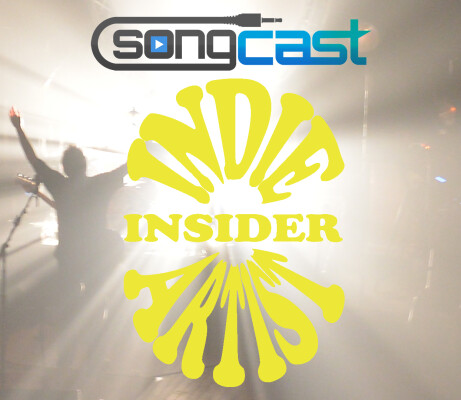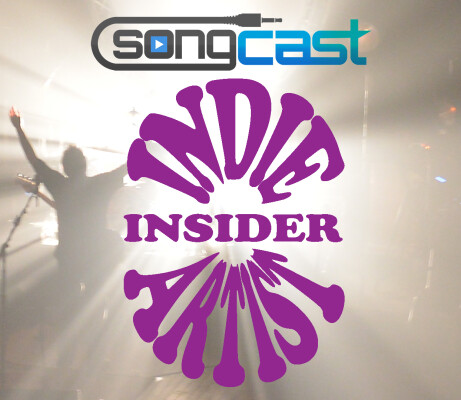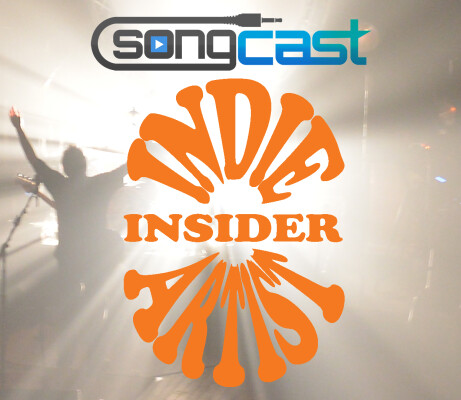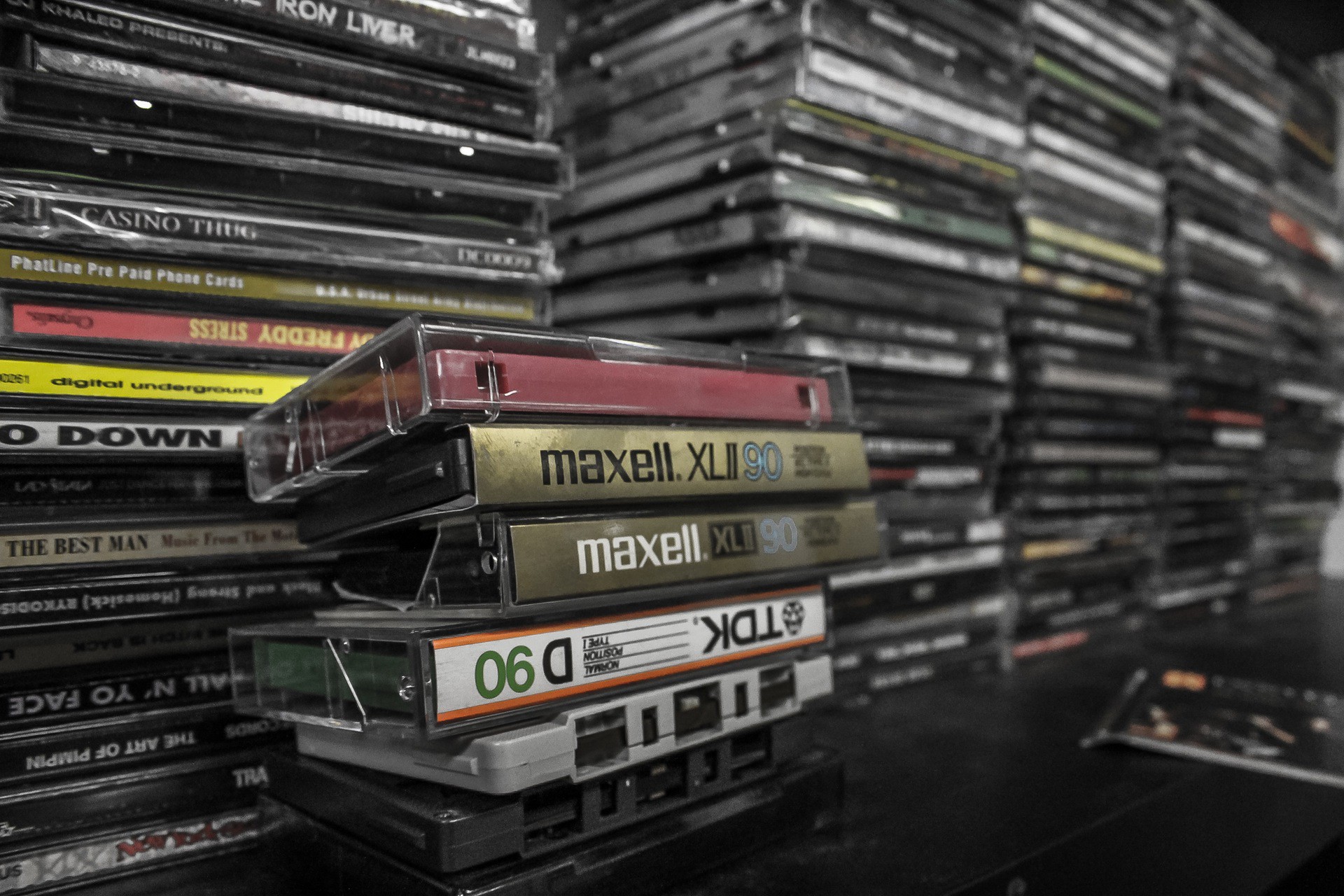One of the beautiful things about being an indie artist: DGAFing about New Release Friday
In July of this year, faceless music industry corporate stooges decided that we as a culture would no longer release new music on Tuesday as we had done for 25 years but we would now do this on Fridays. According to the Fortune article linked above, the coordination of an international release date “is aimed at creating a sense of occasion, increasing consumer demand, and helping cut down on piracy.”
I mean, sure. Whatever. It’s probably 99% an attempt to stop the piracy that happens when an album appears earlier in one country and 1% to create a “sense of occasion.” New Release Tuesday wasn’t designed for a “sense of occasion” either. It was a practical way to make sure record stores could all get physical records in stock at the same time.
But what’s important in our context is how does this affect you, the indie musician?
It shouldn’t.
Who cares what day new music is available?
Having a single “new music day” is great for corporations who have to coordinate and execute elaborate marketing campaigns across geography and demography. There is absolutely an audience who will anticipate Fridays with that “what’s coming out today?” that oldsters like me used to approach Mondays at midnight. (In Utero dorm room listening party at 1am anyone?) Yet, you shouldn’t abide by this New Music Day at all.
The only rule for the indie musician is: release when it’s best for you.
This ability to control your release day is a huge advantage for indie artists. We don’t always get to pick our show dates but we can pick our release dates. And wherever we can exploit our freedom to choose, we should use it well. For example, if your audience is mostly college-age and have a pretty fixed income for their new music, wouldn’t you rather have your indie releases in front of them before those major label suckhounds get theirs out?
We aren’t slaves to what The International Federation of the Phonographic Industry (OMG, that’s a thing?) thinks is best so let’s not act like it.
Take control
As indie artists, we don’t have large marketing teams or deals with stores (online and offline) to make sure our music is front-and-center on Fridays. So we have to do whatever we can to control our destiny a little better.
Release parties are a great idea to hype your new record if you’ve got an audience that will attend. Build your own anticipation with free tracks on social media leading up to the show. Give download codes with the cover charge. Set up a midnight drop with a friend on a laptop backstage. Get the whole audience downloading the record on their phones at 10:43 pm. I’m just spitballing here. You can do whatever you want. You don’t have to wait for the Sony/iTunes drones to make your music available at a certain time. And that’s a great thing.
But let’s talk about another eventuality as an indie artist: when you don’t have an audience who’ll give a crap about a release party. Often our record is a flyer for our band not a piece of merch that hundreds of people can’t wait to pay for. In those cases, it’s sometimes best to make the record public as soon as possible so you can start promoting it through smaller shows and online events.
Yes, picking a release day can help you with your promotion. Deadlines are often healthy. BUT you as an indie artist have the freedom to pick what day that is.
You get to experiment
Something we’ll get into in later posts is how indie artists can best attack releases. But the major thing to remember is you get to choose. Dates, venues, channels, platforms–yes, it can become overwhelming but you’re in control. You may not get to do the things you wish you could BUT you don’t have to do things you don’t want to.
And, just as important, you get to experiment.
As an indie artist, you can analyze what didn’t work with a release and try something else. Say your release party was sparsely attended, no one wanted to download the album at 10:43pm, your free tracks were poorly shared–great, all those are lessons for you to analyze. But you have control. Not only can you try new strategies to get your music heard, you can make new products to try to get attention.
Your release day is your choice. Figure out what’s best for you. If it doesn’t work, try something new. You’re in charge.












































Comments
No comment